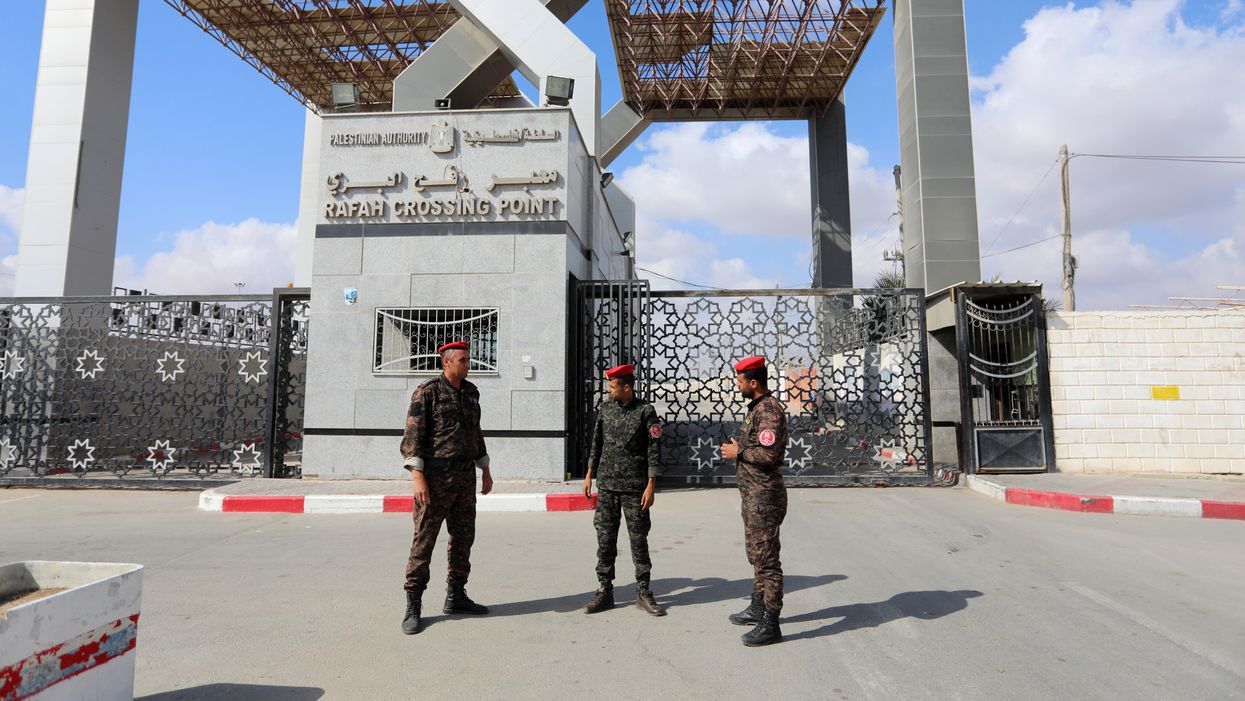Analysis
Netanyahu: “Now is the time for war”
Announcing on Wednesday that Israel had formed a unity government with the opposition, PM Benjamin Netanyahu said at a press conference that “we put aside all differences to face an enemy worse than ISIS.”
Oct 11, 2023


